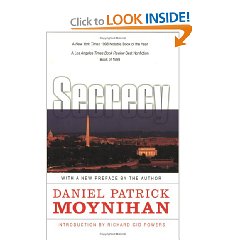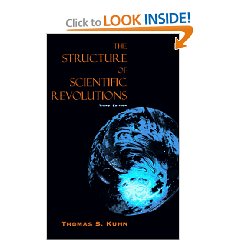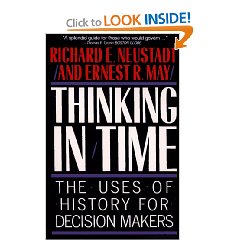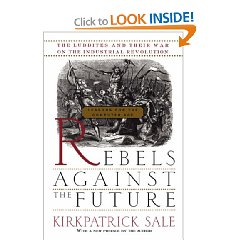His book is effective in making the point, but very candidly, did not go the full distance that I was hoping for–he is, in a word, too general and the book lacks a single chapter that pulls it all together with very specific rankings of both the variables and the countries.
The general proposition is clear-cut: environmental scarcity has social effects that lead to violent conflict. However, the author takes a side road in exploring “human ingenuity” as an ameliorating factor, and while he makes reference to crass corporate and elitist carpet-bagging and the social structures of repression, he fails to draw out more fully and explicitly the inherent association between repressive corrupt regimes with extreme concentrations of wealth and power, scarcity, and violence.
For myself, I found two gems within this book: the first, a passing comment on the crucial role that unfettered urbanization plays in exacerbating scarcity and all that comes with it (migration, disease, crime); the second, the author's prescriptive emphasis, extremely importance, on the prevention of scarcity rather than adaptation or amelioration of scarcity.
The endnotes would have been more useful as footnotes but are quite good. The bibliography and index are four star rather than five star, and I was quite disappointed to not have a single page about the author, nor a consolidated bibliography of his many signal contribution over time in the form of articles and lectures.












